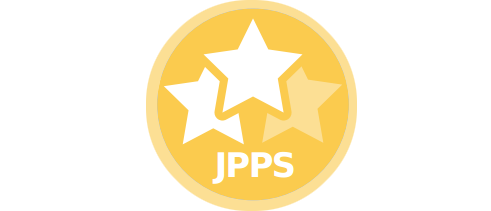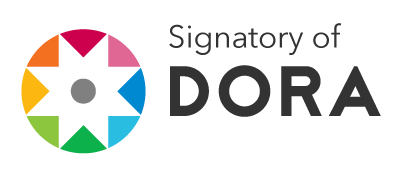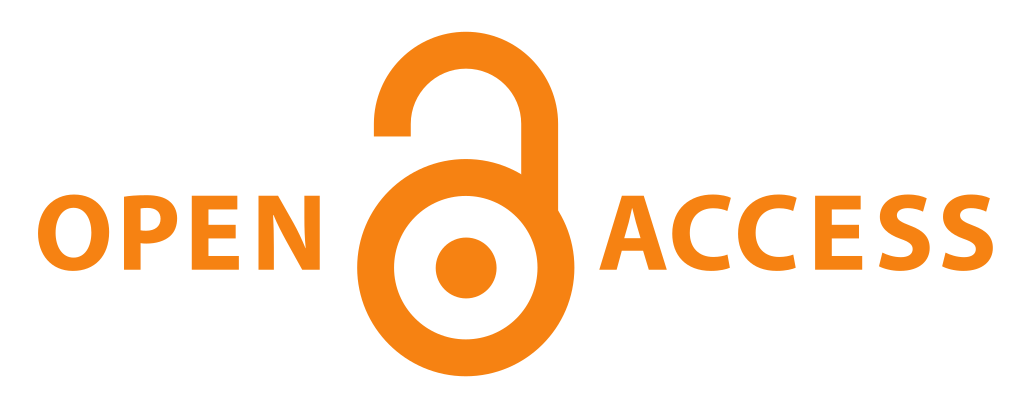Application of question-based learning in the FA-0230 course of the Bachelor of Pharmacy at the Universidad de Costa Rica
Keywords:
question-based learning, pharmacy, pharmaceutical biotechnology, university studentsAbstract
In the course of Fundamentals of Pharmaceutical Biotechnology (FA-0230) for the Bachelor’s Degree in Pharmacy offered at the Universidad de Costa Rica, necessary measures against COVID-19 were implemented in 2022 to ensure that classes were conducted in person. A question-based learning approach was chosen for the topic on monoclonal antibodies. The objective is to present the academic and student experience of this learning from March to July 2022, corresponding to the first semester of in-person classes after two years of virtual education. In the first class on this topic, each work team was asked to create a questionnaire about aspects they considered relevant to include in the exam evaluating this subject, upon completion of the lectures. Subsequently, each team submitted their questions to the instructor, who compiled a single document and shared it through the course's digital platform. At the end of the course, a questionnaire was administered to gather feedback on the teaching strategy used. In the academic evaluation, the average score was 80/100. Positive feedback from the students indicated a better understanding of the information they needed to comprehend for the exam, earlier study habits, and a sense of being active participants in their learning.
References
Acevedo Pierart, C. G. y Rocha Pavés, F. (2011). Estilos de Aprendizaje, Género y Rendimiento Académico. Revista de Estilos de Aprendizaje, 8(4), 71-84. https://doi.org/10.55777/rea.v4i8.937
Aguilera Morales, D., Martín Páez, T., Valdivia Rodríguez, V., Ruiz Delgado, A., Williams Pinto, L., Vilchez González, J. M. y Perales Palacios, F. J. (2018). La enseñanza de las ciencias basada en indagación. Una revisión sistemática de la producción española. Revista de Educación, 381, 259-284. https://doi.org/10.4438/1988-592X-RE-2017-381-388
Avsec, S. y Kocijancic, S. (2014). The effect of the use of an inquiry-based approach in an open learning middle school hydraulic turbine optimization course. World Transactions of Engineering and Technology Education, 12(3), 329-337. https://core.ac.uk/download/pdf/35129482.pdf
Benoit Ríos, C. G. (2020). La formulación de preguntas como estrategia didáctica para motivar la reflexión en el aula. Cuadernos de Investigación Educativa, 11(2), 95-115. https://doi.org/10.18861/cied.2020.11.2.2994
Cucinotta, D. y Vanelli, M. (2020). WHO Declares COVID-19 a Pandemic. Acta Biomedica: Atenei Parmensis, 91(1), 157-160. https://doi.org/10.23750/abm.v91i1.9397
Diaz Linares, G. L. (2023). Aprendizaje basado en indagación (ABI): una estrategia para mejorar la enseñanza - aprendizaje de la química. Ciencia Latina Revista Científica Multidisciplinar, 7(1), 27(41). https://doi.org/10.37811/cl_rcm.v7i1.4378
Izquierdo Sanchis, E. y Solaz Portolés, J. J. (2022). Capacidad de indagación científica del profesorado de primaria en formación: efectos del género y de la formación previa. Revista Universidad y Sociedad, 14(5), 109-120. https://rus.ucf.edu.cu/index.php/rus/article/view/3207
Heick, T. (5 de agosto de 2021). Question-Based Learning: A Definition. Teach Thought. https://www.teachthought.com/learning/what-is-question-based-learning/
Mora Cortes, Y. y Siso Pavón, Z. (2021). La indagación científica promovida en el aula de ciencias naturales: estudio de caso en educación básica y media. Revista Franz Tamayo, 3(7), 228-260. https://doi.org/10.33996/franztamayo.v3i7.582
Obando Arias, M. (2021). Mediación pedagógica del aprendizaje a partir de la pregunta generadora en la educación media: Aprendizaje basado en proyectos. Revista Electrónica Educare, 25(2), 1-21. http://doi.org/10.15359/ree.25-2.21
Rectoría de la Universidad de Costa Rica. (2022). Resolución de Rectoría R-49-2022. Universidad de Costa Rica.
Reyes Cárdenas, F. y Padilla, K. (2012). La indagación y la enseñanza de las ciencias. Educación Química, 23(4), 415-421. https://www.scielo.org.mx/pdf/eq/v23n4/v23n4a2.pdf
Reza García, C. (2006). La importancia de las preguntas en el aprendizaje. Revista Cubana de Química, 18(2), 15. http://www.redalyc.org/articulo.oa?id=443543704006
Rodríguez García, A. y Arias Gago, A. R. (2022). ¿El aprendizaje basado en indagación mejora el rendimiento académico del alumnado en ciencias? Análisis basado en PISA 2018. Revista Colombiana de Educación, 86, 53-74. https://doi.org/10.17227/rce.num86-12232
Romero Ariza, M. (2017). El aprendizaje por indagación: ¿existen suficientes evidencias sobre sus beneficios en la enseñanza de las ciencias? Revista Eureka sobre Enseñanza y Divulgación de las Ciencias, 14(2), 286-299. https://www.redalyc.org/pdf/920/92050579001.pdf
Sagástegui Bazán, L. G. (2021). La metodología indagación y el aprendizaje de las Ciencias Naturales. Polo del Conocimiento, 6(12), 804-822. https://doi.org/10.23857/pc.v6i12.3406
Sánchez Soto, I. R. (2017). Aprendizaje Basado en Preguntas y su Impacto en las Estrategias de Aprendizaje en Física. Enseñanza de las Ciencias, Nº Extraordinario, 1903-1908.
Selvaraj, A., Vishnu, R., Nithin, K.A., Benson, N. y Mathew, A. J. (2021). Effect of pandemic based online education on teaching and learning system. International Journal of Educational Development, 85, 102444. https://doi.org/10.1016/j.ijedudev.2021.102444
Şensoy, A. y Güneş, M. H. (2023). Guided inquiry-based learning practices. Bartın University Journal of Faculty of Education, 12(3), 471-487. https://doi.org/10.14686/buefad.795391
Servicio de Innovación Educativa. (2020). Aprendizaje Basado en Investigación.
Sun, F. (2023). Effects of Inquiry-Based Teaching on Learning Efficiency in an Augmented Reality Environment. International Journal of Emerging Technologies in Learning, 18(15), 23-35. https://doi.org/10.3991/ijet.v18i15.41357
Toma, R. D. (2021). Effect of confirmation and structured inquiry on attitudes toward school science. School Science and Mathematics, 122, 16-23. https://doi.org/10.1111/ssm.12505
Toma, R. D. (2022). Confirmation and Structured Inquiry Teaching: Does It Improve Students’ Achievement Motivations in School Science? Canadian Journal of Science, Mathematics and Technology Education, 22(1), 28-41. https://doi.org/10.1007/s42330-022-00197-3
Torres Toukoumidis, A., Caldeiro Pedreira, M. y Mäeots, M. (2020). Aprendizaje basado en la indagación en el contexto educativo español. Luz, 19(3), 3-18. https://www.redalyc.org/journal/5891/589165783001/html/
Wale, B. D. y Bishaw, K. S. (2020). Effects of using inquiry-based learning on EFL students’ critical thinking skills. Asian-Pacific Journal of Second and Foreign Language Education, 5, 9. https://doi.org/10.1186/s40862-020-00090-2
Zuleta Araujo, O. (2005). La Pedagogía de la Pregunta: Una Contribución para el Aprendizaje. Educere, 9(28), 115-119. https://www.redalyc.org/pdf/356/35602822.pdf
Downloads
Published
How to Cite
Issue
Section
License
Copyright (c) 2024 Paradigma: Revista de Investigación Educativa

This work is licensed under a Creative Commons Attribution-NonCommercial-NoDerivatives 4.0 International License.








